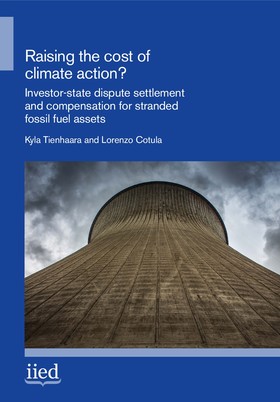Soil Diversity (Pedodiversity) and Ecosystem Services
Soil ecosystem services (ES) (e.g., provisioning, regulation/maintenance, and cultural) and ecosystem disservices (ED) are dependent on soil diversity/pedodiversity (variability of soils), which needs to be accounted for in the economic analysis and business decision-making. The concept of pedodiversity (biotic + abiotic) is highly complex and can be broadly interpreted because it is formed from the interaction of atmospheric diversity (abiotic + biotic), biodiversity (biotic), hydrodiversity (abiotic + biotic), and lithodiversity (abiotic) within ecosphere and anthroposphere.






